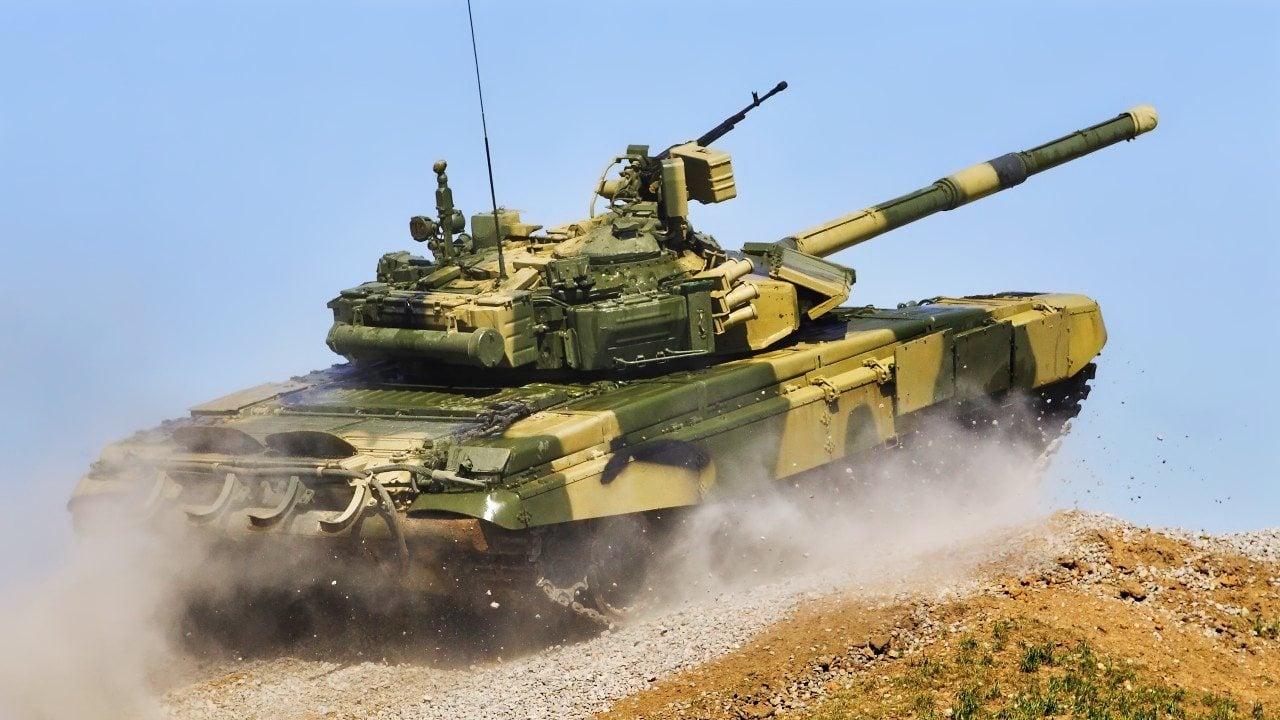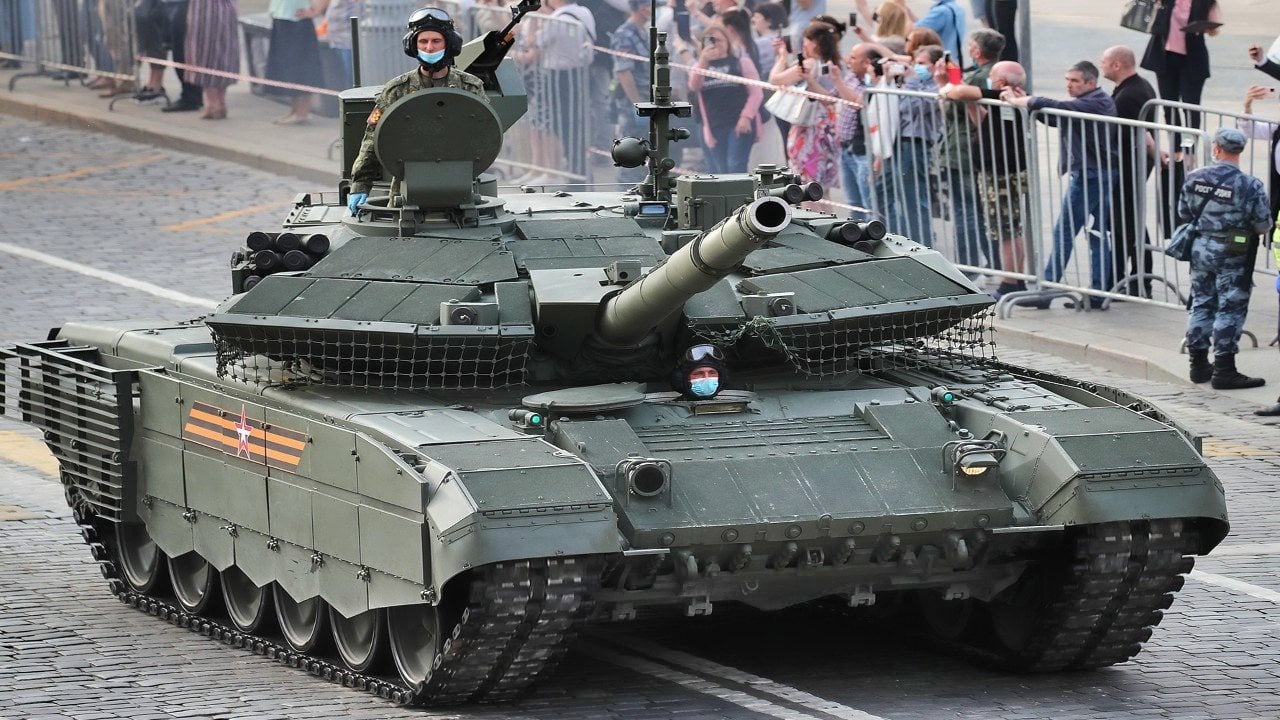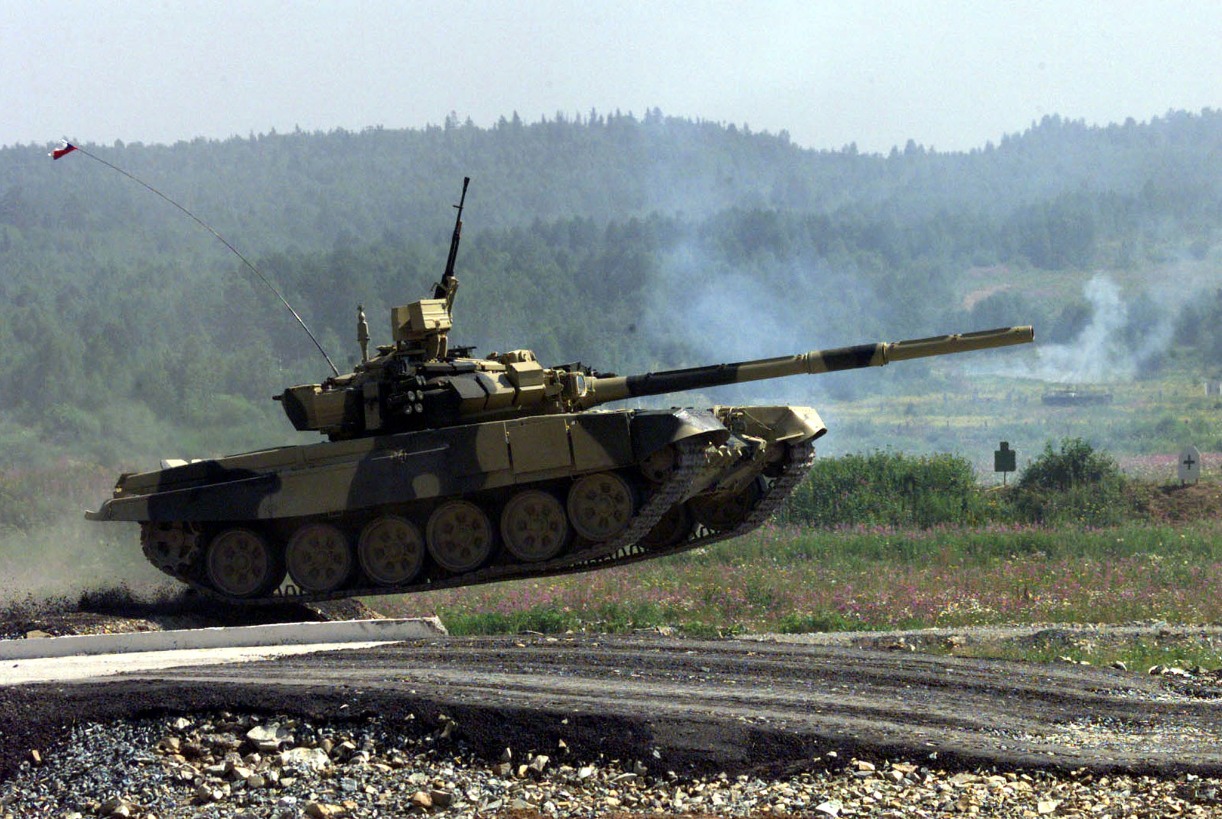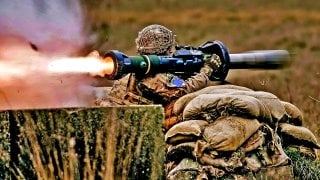550,000 Lost: Russia Is Taking 'Destabilizing Casualties' in Ukraine War
Despite the toll of nearly 550,000 Russian casualties in Ukraine, President Putin remains committed to the war, transforming Russia into a war economy. This focus on military spending stifles investment in non-military sectors, exacerbating economic stagnation.
Summary and Key Points: The ongoing conflict in Ukraine sees Russia making minimal tactical gains while suffering heavy casualties and economic strain. In a bid to fund the war, the Kremlin has raised taxes, aiming to generate $29 billion through increased corporate and income taxes.

-Despite the toll of nearly 550,000 Russian casualties, President Putin remains committed to the war, transforming Russia into a war economy. This focus on military spending stifles investment in non-military sectors, exacerbating economic stagnation.
-With international sanctions in place, Russia's economic growth is driven by military expenditures, highlighting the severe financial and human costs of the conflict.
From Taxes to Trenches: Russia's Efforts to Sustain the Ukraine War
The summer continues to unfold, and the fighting in Ukraine has no end.
Russia continues to throw men and resources into the conflict without any substantial return besides tactical advances in some areas of the contact line.
Meanwhile, the bill for Russian President Vladimir Putin’s expansionary dreams is racking up. In a recent move, the Kremlin raised taxes to support the “special military operation” in Ukraine.
Money to Fuel the War in Ukraine
At this point, the conflict in Ukraine has been going on for almost 2.5 years. Hundreds of thousands of soldiers and civilians have been killed and wounded on both sides. The economic impact of the fighting, particularly on Ukraine, can only be estimated to be hundreds of billions of dollars. Although the human cost dwarfs the economic losses, money is still an important consideration for both combatants. At the end of the day, if there is no money, there is no army.
The Russian military has shown a remarkable ability to shrug off what should be debilitating casualties—at this point, the Russian casualties are nearing 550,000 men killed, wounded, or captured. But the Kremlin needs more money to fuel the war and is resorting to the oldest trick in the playbook: taxes.

“Russia’s recently announced tax hikes will almost certainly be used to fund growing financial commitments, including the war in Ukraine,” the British Military Intelligence assessed in its latest estimate of the war.
Through the new tax hikes, the Kremlin is looking to raise approximately $29 billion (about 2.5 trillion rubles). To achieve that goal, the new legislation will increase the corporate tax rate from 20 to 25 percent, as well as introduce additional income tax brackets.
“The additional revenue raised, primarily through the corporate tax increase, will almost certainly be used to fund increasing government expenditures,” the British Military Intelligence added.
Economic forecasts indicate that the Kremlin will be raising government expenditure by more than 15 percent next year.
“This increase in spending will almost certainly continue in 2025 as defense expenditure will highly likely increase, alongside social and infrastructure spending,” the British Military Intelligence stated.
A War Economy
Although the Russian economy is undergoing some growth, overall, the Russian economy is becoming a war economy. This highlights Putin’s dedication to winning the war regardless of the human and financial cost.
“The increased tax burden on businesses will almost certainly restrict future investment and growth of non-military sectors. Russia’s economic growth is highly likely being driven by high state investment into the military sectors of the economy. However, investment into non-military sectors is likely stagnating,” the British Military Intelligence assessed.

The Russian economy is still under heavy international sanctions, and only a number of countries, including China and Iran, maintain financial relations with Moscow.
“Military sectors are also highly likely monopolising much of the available labour resources. The added costs to business will almost certainly restrict further private investment into non-military sectors,” the British Military Intelligence concluded.
About the Author
Stavros Atlamazoglou is a seasoned defense journalist specializing in special operations and a Hellenic Army veteran (national service with the 575th Marine Battalion and Army HQ). He holds a BA from Johns Hopkins University and an MA from the Johns Hopkins School of Advanced International Studies (SAIS). His work has been featured in Business Insider, Sandboxx, and SOFREP. Email the author: [email protected].
Image Credit: Creative Commons and Shutterstock.


